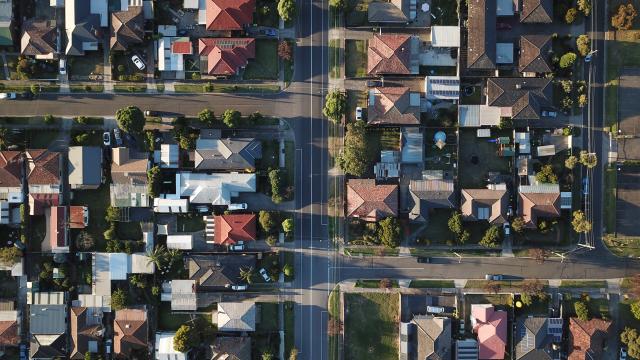Liam McNally
When Trevor Franklin purchased his Melton home 18 months ago, he was living comfortably.
Now, after consecutive interest rate hikes and a health crisis he said he’s had to cut back to the basics.
“I’ve pulled my head in a lot, you don’t go out for tea anymore, that’s a thing of the past,” he said.
When Mr Franklin purchased his home he said his repayments were $350 a week, at $350 monthly interest, now they’re at $400 and interest has doubled to $700 per month.
And more rate increases are on the way, on February 7 the Reserve Bank of Australia (RBA) Governor Philip Lowe announced in a statement the cash rate was being increased another 25 basis points to 3.35 per cent.
“The board expects that further increases in interest rates will be needed over the months ahead to ensure that inflation returns to target,” he said.
On January 4, Mr Franklin suffered a heart attack, and when he should be focused on returning to health, he still has economic pressure to think about.
Aside from hospital bills, he won’t be able to return to his job as a truck driver until at least late-March, and that’s on the provision that he can pass a health test to reinstate his licence.
To deal with the economic pressure, Mr Franklin is considering subletting a room in his house.
“I don’t want to, because I enjoy living on my own, but the reality is, financially it’s not going to work,” he said.
Mr Franklin said people like himself have “no choice” but to deal with it.
“It’s been better, it’s been a lot better, but stressing over it and all of that, all that’s going to do is make my heart worse,” he said.
“I wish they’d realise that the answer to their problem is not hiking up interest rates. There’s got to be a better answer than raising the interest rates for people who can’t afford it.”







